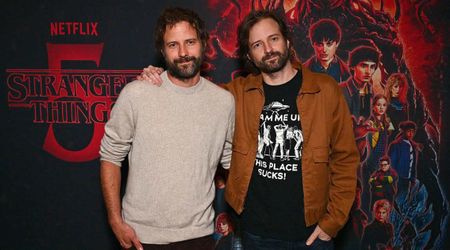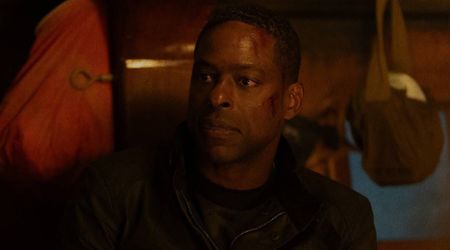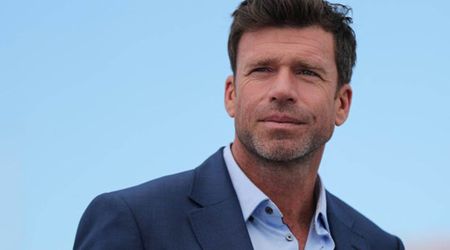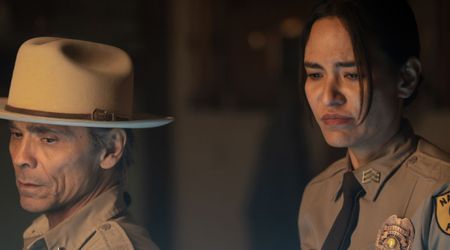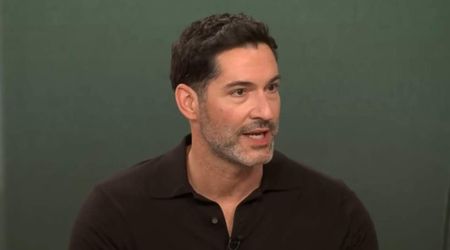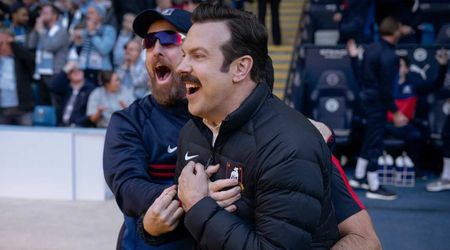'Mindhunter' Season 2: Does Holt McCallany's Bill Tench do justice to the real-life FBI agent Robert Ressler?

'Mindhunter' might have captured viewers' interest with their intriguing plots about serial killers, but what's more fascinating is that real agents from the Federal Bureau of Investigation (FBI) inspire the characters of the special agents in the show. If Jonathan Groff's Holden Ford character is based on FBI agent John E Douglas, Holt McCallany's character Bill Tench too gets its inspiration from Douglas's partner Robert Ressler.
An accomplished FBI agent who later authored many books like 'Sexual Homicide: Patterns and Motives' and 'I Have Lived in the Monster', he is also credited for coining the term "serial killer". Along with Douglas, he played a pivotal role in the criminal profiling of violent offenders. Born in Chicago, Illinois, Robert became fascinated about the lives of serial killers from an early age when he started reading Tribune's articles on "The Lipstick Killer". He confessed it was a sort of fascination, more than fear, that kept him glued to the tales. Once he retired from the FBI, he often gave lectures on criminology.
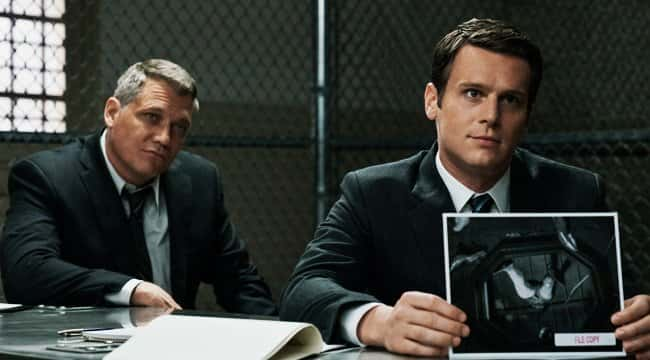
In the show, Bill comes off as a highly observant and methodical investigator with a no-nonsense attitude. He gives lectures at a college in Charlottesville to audit some criminal psychology classes. With a box of new ideas about serial killers, he first tells his students, "The question is not only why did the killer do it, but why did the killer do it this way?" Friendly and congenial, he manages to get his way with people around him and builds an empathetic—an almost mentor-mentee—connection with Holden.
In episode two, he convinces the FBI to let them interview Edmund Kemper with his winning line: "How do we get ahead of crazy if we don't know how crazy thinks?" More or less, his dialogues depict Ressler's enthusiasm to peek into criminal minds. As the story progresses, he makes an acute observation after interviewing Kemper: "There's nothing behind Kemper's eyes. It's like standing near a black hole." Soon, Tench starts joining the dots on the basis of what he learns in the interrogation sessions. It is quite suggestive of Ressler's tactics as he was known for deeply studying his subjects and confusing cases.
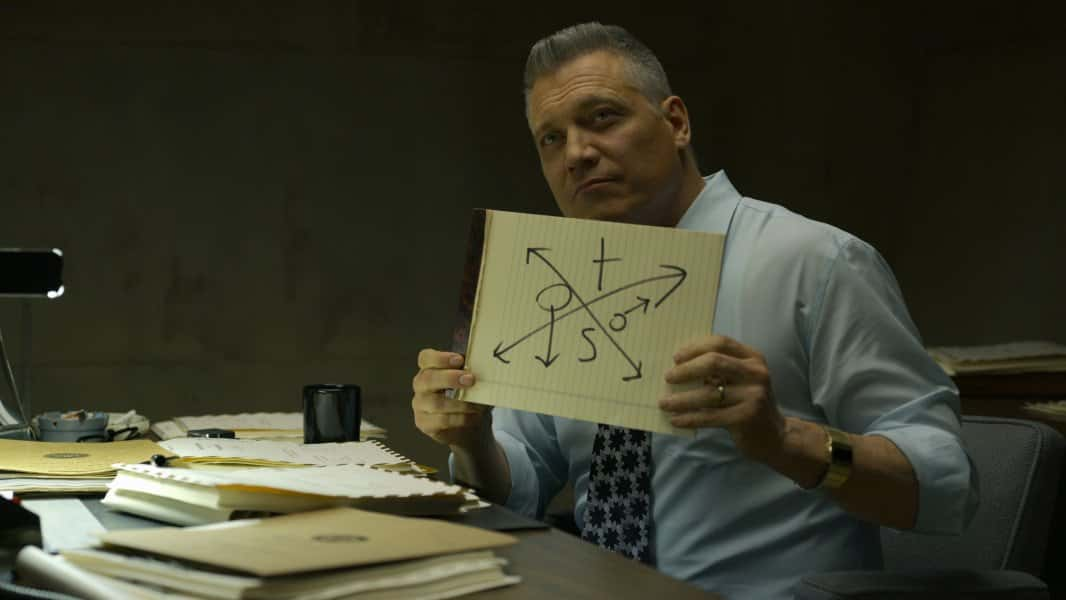
However, McCallany's relationship with the serial killers he interviewed should also come into the picture in the upcoming seasons. Perhaps, that is the only missing factor from the show. Few people know that in his later years, Ressler made an unbelievable prediction that indeed turned out to be true.
A man named David Selepe died in police custody while under investigation for the Cleveland murders. While cops felt guilty that an innocent man had died, Ressler said that Selepe was responsible for the Cleveland murders, either alone or with an accomplice and that the Atteridgeville and Boksburg murders had been committed by the same offender, who would soon contact the media. After Ressler left the case, his assumption turned into reality when serial killer Moses Sithole called the South African newspaper The Star to claim responsibility for the Atteridgeville and Boksburg murders. It is yet to be seen whether this incident becomes a part of the upcoming seasons of the show.
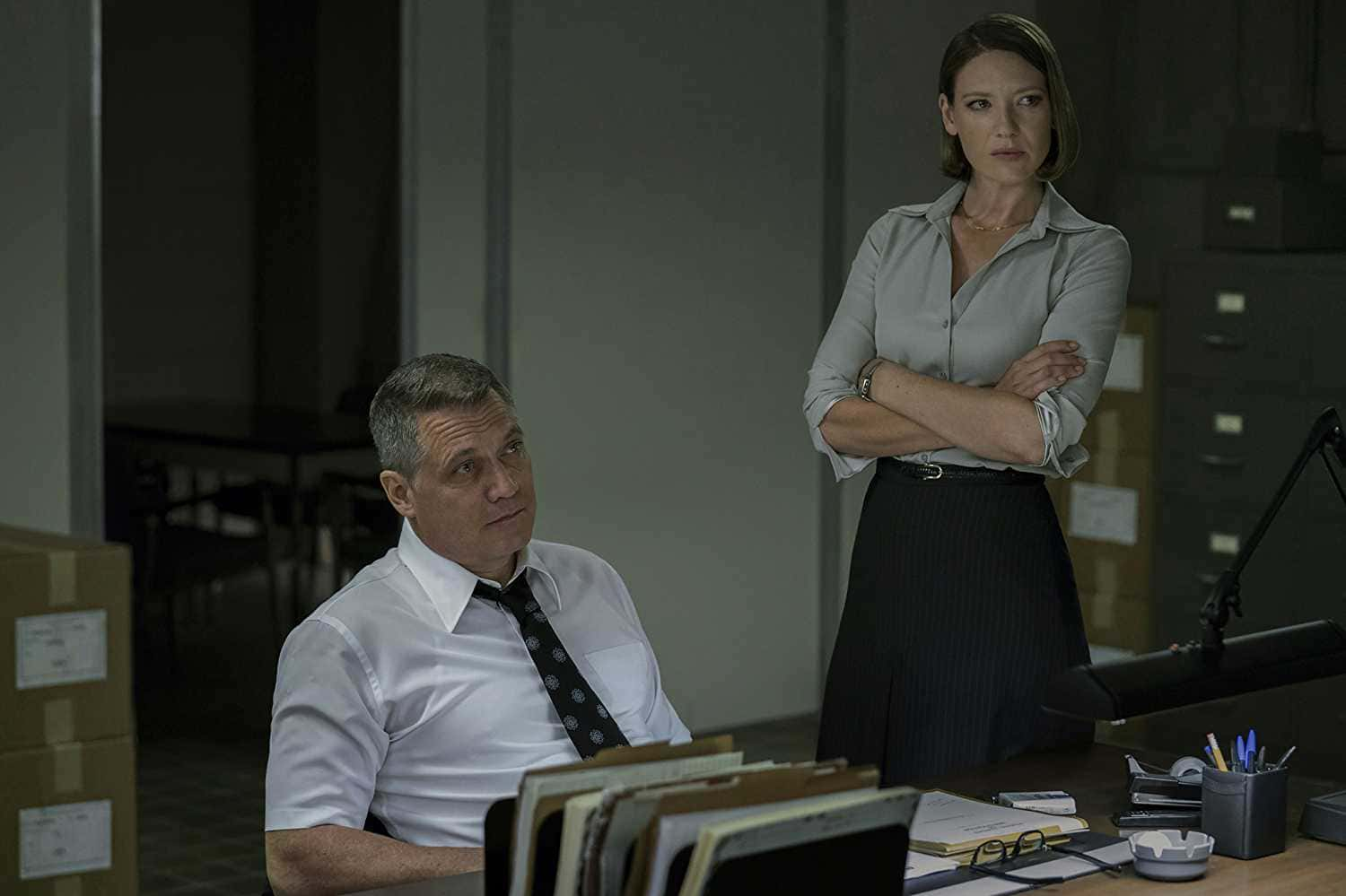
In about 36 gruesome interviews, he came across some of the most notorious serial killers. He also developed curious relationships with a few, including Ted Bundy, Jeffrey Dahmer and John Wayne Gacy. In an eerie incident, NPR reported about the time when Ressler told a documentary team that Gacy, the killer, had gifted him with a colorful self-portrait of himself as a clown. On the back was an inscription that read: "Dear Bob Ressler, you cannot hope to enjoy the harvest without first laboring in the fields. Best wishes and good luck. Sincerely, John Wayne Gacy, June 1988." When Ressler asked what Gacy was referring to, his reply was simply: "Well, Mr. Ressler, you're the criminal profiler. You're the FBI. You figure it out."
Ressler passed away at the age of 76 in 2013 but his profiling with Douglas, especially the disintegration of criminals into "organized" and "disorganized" serial killers still forms the base of interviews with criminals and repeat offenders.

